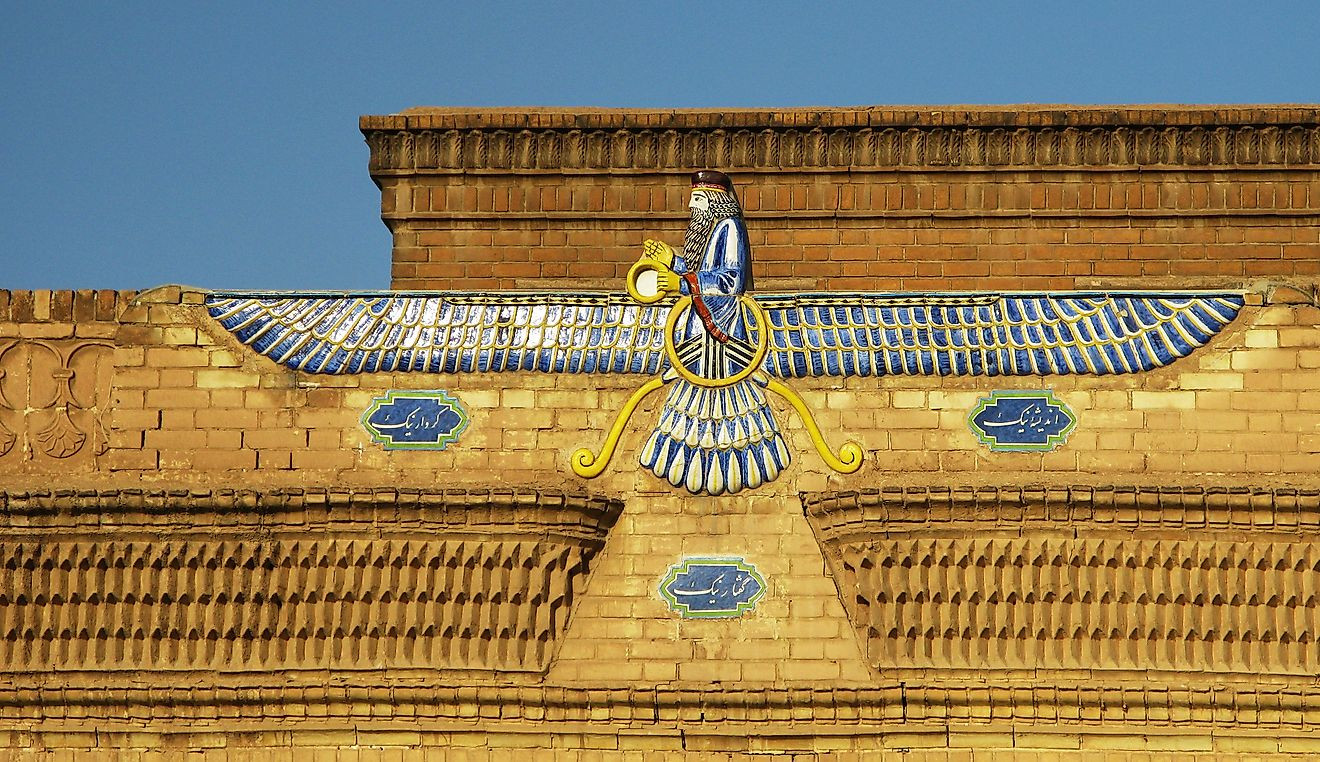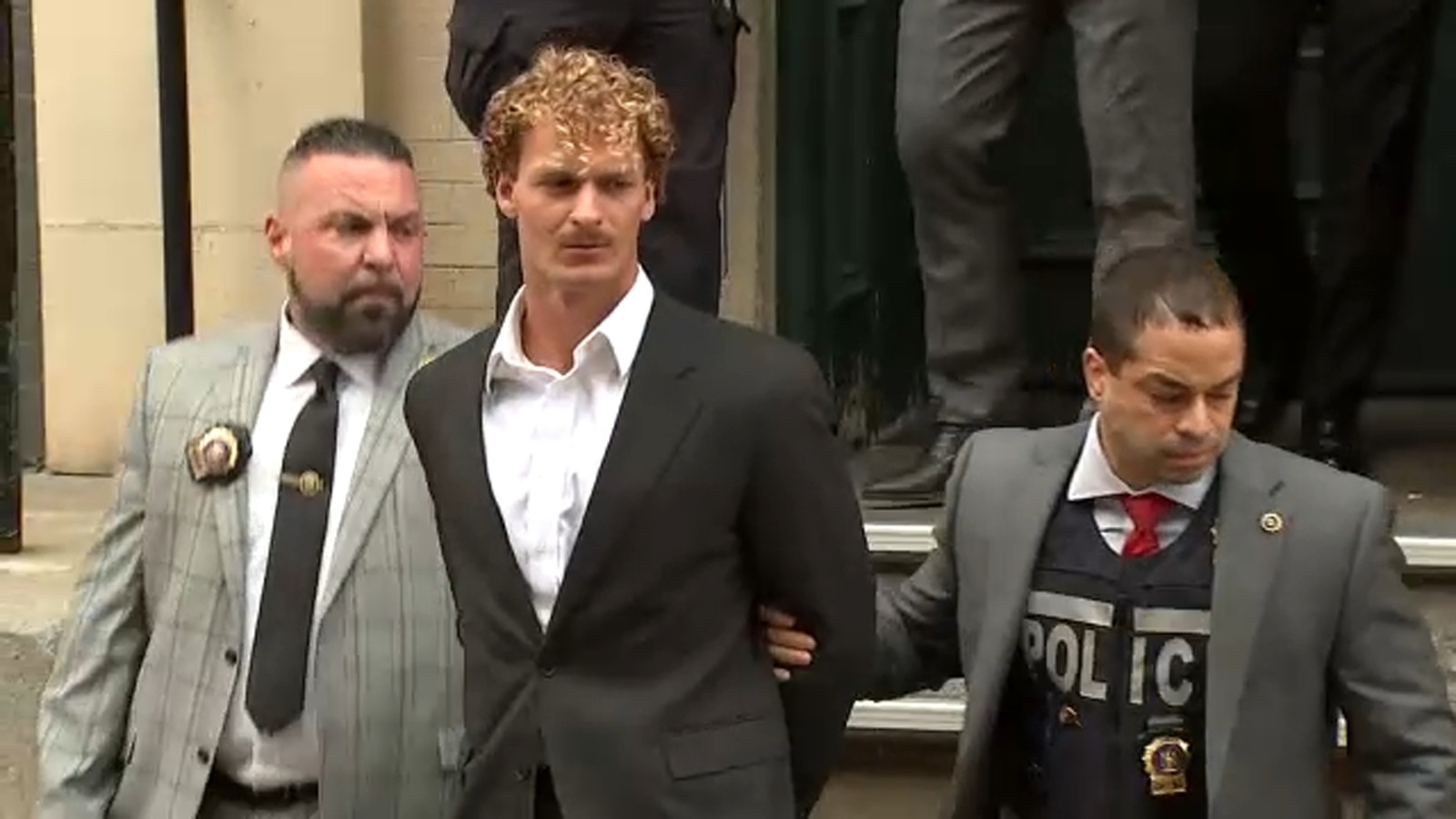French actor Alain Delon, whose icy good looks established him as an postwar international celebrity, has died at the age of 88. He enjoyed a long commercial film career in Europe, starring in more than 80 movies over six decades, including such classics as Le Samouraï and The Leopard.
Delon was born in a wealthy Parisian suburb, but endured a tumultuous early life. His parents divorced when he was 4 years old. He spent his childhood shuffling between a foster family, various relatives and boarding schools, where he developed a reputation as a troublemaker and petty thief. At 17, Delon enlisted in the French navy, serving in what was then French Indochina for four years. After his service, he worked odd jobs, including as a waiter and a longshoreman, and started dating an actress — Brigitte Auber — who would be his entry into moviemaking.
Delon started getting attention as a screen starting in the late 1950s. One early role was as the lead in a French/Italian sex comedy called Faibles Femmes, or Women Are Weak.
Delon’s status as a cat-like global sex symbol was confirmed the next year in the psychological thriller Plein Soleil, or Purple Noon, directed by René Clément. It was the first film adaptation of Patricia Highsmith’s 1955 novel The Talented Mr. Ripley. Clement’s camera swoons over Delon, who plays Ripley, as he glides through a seaside market in an impeccable white linen shirt. Even the famously cranky Patricia Highsmith adored his performance.
Delon started his own production companies and branched out into singing, recording at least one hit, “Paroles, paroles” in 1973 with the singer Dalida, who was also a romantic interest.
Although he tried, and failed, to build a Hollywood career, Delon’s co-stars in European productions included Jane Fonda, Burt Lancaster, Charles Bronson, Yves Montand and Brigitte Bardot, as well as German star Romy Schneider, with whom he was romantically involved. Their highly publicized breakup in 1964 was one of the many scandals that would mark his off-screen life.
Those included the mysterious murder of his bodyguard in 1968, salacious rumors of exclusive sex parties, an unacknowledged child with the singer and model Nico, allegations of abuse from his other children and forays into far-right politics that many peers in the film industry found off-putting. Delon enjoyed a long friendship with National Front leader Jean-Marie Le Pen, whose politics were openly racist and antisemitic.
Over the years, Delon was awarded an honorary Palme d’Or and a César Award for Best Actor. Although he was best known for playing handsome, amoral criminals, Delon showed range and artistic ambition on screen, especially as he aged.
In 1976's Mr. Klein, a film he also produced, Delon starred as a self-absorbed gentile merchant mistaken for Jewish during World War II, and handed over to the Nazis by the Vichy regime. And in 1984's Un Amour de Swann, based on a novel by Marcel Proust, he played a supporting role, as a depressive gay aristocrat, who helps Jeremy Irons' main character find love.
Delon left behind an outsized, idiosyncratic cultural footprint. The band The Smiths used a still from L’Insoumis (The Unvanquished) featuring the actor's brooding face as the cover for their 1986 album, The Queen Is Dead, and Madonna's song “Beautiful Killer” is an homage to the actor. Director Quentin Tarantino credited Delon as an influence on his breakthrough film Reservoir Dogs. “I could see Alain Delon in a black suit saying, ‘I’m Mr. Blonde,’” he told an interviewer, according to New York magazine.
In 1991, Delon was named a Chevalier of France’s Legion of Honor, later promoted to Officer. Much of his later work was in television and on stage, and his last screen credit was as himself in the 2019 French film Toute Ressemblance. That same year, after he suffered a stroke, his children began a long, public fight over his care. In early 2024, a French judge placed Delon under legal guardianship.
Delon’s Impact on Film
Directors including Martin Scorsese and Quentin Tarantino have acknowledged their debt to the film star.
Delon’s performance as the silent killer in Jean-Pierre Melville's Le Samourai has been acknowledged as a major influence on directors such as Scorsese and Tarantino. The film set the template for one of Hollywood’s favorite stereotypes — the mysterious, cerebral hitman.
Delon’s Legacy: A Complex Figure
Delon’s complex legacy is marked by his undeniable on-screen charisma, his troubled personal life, and his controversial political views. While his films have cemented his place as a cinematic icon, his outspokenness on social and political issues has sparked debate.
He was a huge star in France and Japan, but despite starring alongside American cinema giants, including Burt Lancaster, never made it as big in Hollywood.
Off screen, he courted controversy with his outspoken views, including when he said he regretted the abolition of the death penalty and spoke disparagingly of gay marriage, which was legalised in France in 2013.
Delon publicly defended the far-right National Front and phoned founder Jean-Marie Le Pen, an old friend, to congratulate her when the party did well in the 2014 local elections.
Towards the end of his life, Delon was at the centre of a family feud over his care, which made headlines in the French media, and in April 2024 a judge placed him under “reinforced curatorship,” meaning he no longer had full freedom to manage his assets.
A French Monument
French president Emmanuel Macron has posted on X in response to the news of his death, saying: “Mr. Klein or Rocco, the Leopard or the Samurai, Alain Delon played legendary roles and made the world dream. Lending his unforgettable face to shake up our lives. Melancholic, popular, secretive, he was more than a star: a French monument.”
Delon was often dubbed the “male Brigitte Bardot”, for his handsome looks and hypnotic presence on screen. He was routinely cast in roles as attractive men filled with angst, and who were prone to sudden outbursts of anger.
Despite his success in Europe, Delon never quite made it in Hollywood. He was, however, a prolific actor who continued to work steadily throughout the Seventies and won the César for best film in 1977 for Joseph Losey’s mystery drama Monsieur Klein. He also tried his hand at filmmaking and produced a number of movies before making his directorial debut in 1981 with Pour la Peau d’un Flic.
His career slowed in the 1990s and Delon announced his retirement from acting in 1997 following his performance in Jean Luc Godard’s neo noir Nouvelle Vague. However, the actor’s biggest box office success came later in 2008 when he returned to screens to play Julius Cesar in the comic book hit Asterix at the Olympic Games.
While his films will continue to be enjoyed by generations to come, his legacy is sure to remain a subject of debate and discussion for years to come.
















